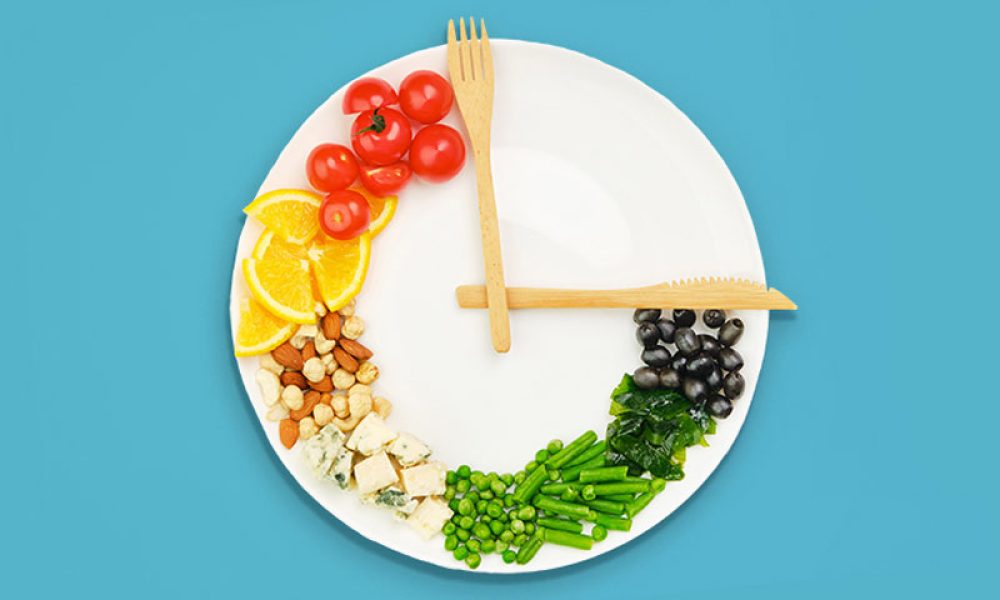Table of Contents
Today, we will dive into intermittent fasting. Many folks are hearing about different types of diets and wonder about their benefits and if it can work for them.
What are the benefits of fating?
- May help with insulin resistance. The less you eat, the less insulin is put out. If you already have insulin resistance, this will damper the effects.
- Potential to help you live longer. Restricting calories can help lengthen life according to some studies.
- May reduce the risk of cancer. Some research has suggested that intermittent fasting may help with the fight against cancer
- Can help you drop weight. Obviously with less calories, its easier to lose weight. The standard American diet (SAD) is loaded with calories.
If you have certain medical conditions such as issues with blood sugar, low blood pressure, pregnant or breast feeding, or take certain medications, consult with your doctor or Call For An Appointment before trying this out. In general, most people have no issues doing this diet.
Types of Intermittent Fasting
- Lean Gains- involved 16 hour fast followed by an 8 hour eating period. This can help maintain a lean body.
- Fasting 16 hours, 8 of which will occur while sleeping. After the 16 hour fast, than you can start your 8 hour eating period. Some people can try a 12 hour fast, but it may have less of an effect than the longer period. Don’t forget that you can consume liquids during the fast. This may help curb your cravings. Staying mentally and physically active can also help. Make sure you are eating healthy after you break your fast. People will often not eat anything after dinner (6-9pm) and skip breakfast. You may than break your fast around 12 or 1pm.
- Alternate Day Fasting—most researched
- Fasting every other day. Difficult to adopt in the real world in general as this involves a 24 hour fast and is the most difficult.
- Weekly Intermittent Fasting—helps you keep muscle and bulk on
- Fasting a full 24 hours once a week. 8 hours of the fast occurs while sleeping. An example would be fasting from lunch on one day until lunch the next day.
FAQ before we get started
Can you Drink Liquids?
Yes, you can drink liquids during the fasting such as water. Adding electrolytes can be helpful as well. Avoid sugary drinks.
Can I work out?
Yes, It helps with burning more calories and fat. Schedule your workout just before you have to break your fasting.
Will I lose muscle?
You may. But that is why you should lift weights and increase your protein intake.
Can it slow metabolism?
Studies are showing that short term fasting can increase metabolism. Longer fasts that are more than 3 days slow metabolism.






